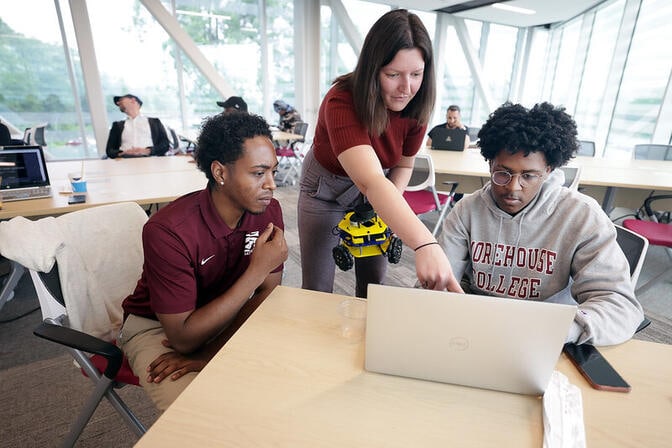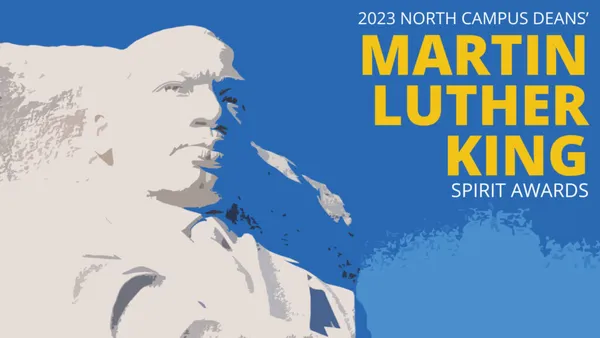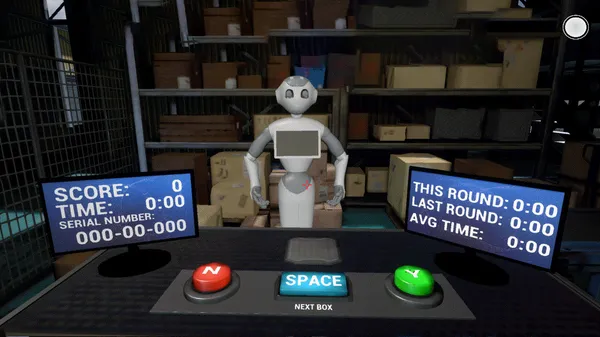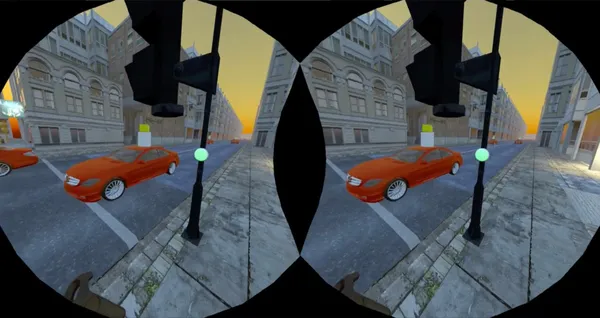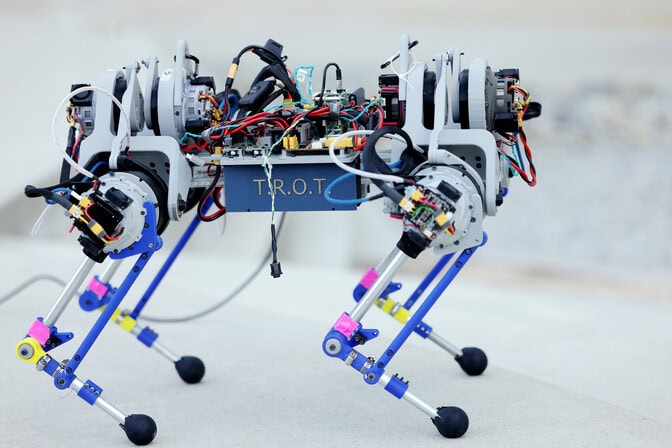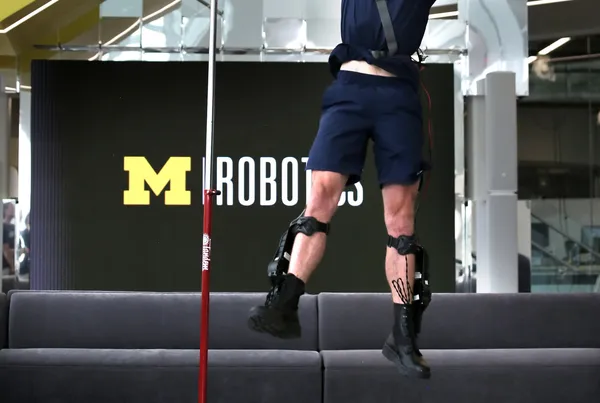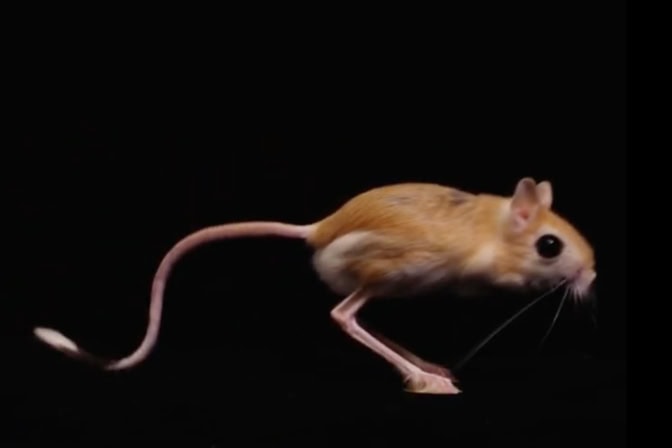We asked faculty what they look for in an applicant, and they had the following responses.
For more information on preparing your robotics graduate application, see instructions on Academic Statement of Purpose and Personal Statement.
Patricia Alves-Oliveira
I’m looking for a candidate who can communicate who they are, what they have achieved, and where they see themselves in the! future. Even if they do not align with what the applicant writes, this reveals how they think and can drive my interest. I look for candidates who go beyond buzzwords and research hypes and instead reveal insight. The candidate should be able to describe projects they led or were a central part of, detail how their role in the project contributed to its fruition, and describe challenges they faced and how they overcame them (or explain why they didn’t). My lab is focused on human-robot interaction - the word “interaction” is key and I try to understand who the applicant is and how they can complement my lab at a research and human levels.
Steven Ceron
I am looking for students that demonstrate initiative, creativity, and hard work. A specific skill set level is not necessary, but I do become more interested in students that have used their time to pursue difficult projects (robotics-related would be a plus) and carry them out to the intended goal; this could be independently, through research, design teams, etc. When reading the personal statements, I would like to see that a student can communicate their ideas clearly and that through the description of their past projects there comes a very noticeable interest in improving their skillsets. I am also excited about unusual students that have interesting stories to tell about where they came from and how they became interested in the projects they worked on; the type of students that I can tell want to grow through the projects they work on, are interested in helping others, and with whom I could learn many new things and expand my own research goals. Just like everyone else, I want to see that students are authentic about their background, their motivations, and their goals; the authenticity will show one way or another and it will help students find the right lab. I will also take a close look at recommendation letters from individuals that have worked with the student and can speak about their ability to work towards engineering solutions on their own as well as within a team. I also think it is important for prospective students to know that my ambition is to motivate students to be excited about and work hard on their projects throughout their time in my lab, therefore they can expect me to dedicate large efforts to creating an exciting work environment, being as helpful as possible in their projects, and doing whatever I can to help enable their enduring success and growth.
If you are interested in joining the SAM lab, please apply to the Robotics Ph.D. program and send me an email with your CV at sceron@umich.edu. I also recommend students take a look at the SAM lab website (samlab.robotics.umich.edu) for more information about the lab’s research directions so it can help them determine whether this might be the right lab for them. Email is the best way to contact me: sceron@umich.edu
Jason Corso
I am looking for candidates who have demonstrated a passion for creativity and self-initiative in their lives to date. This passion is best shown through evidence of past projects described in detail including challenges, impacts, lessons-learned, etc. These resonate even further when they are brought to life with the applicant’s own motivation for undertaking the work and describing the “story” behind the project.
Yanran Ding
The student that I am looking for shares the same passion for the research that I am excited about. It means the student knows a little bit about what I do and can propose creative future research directions based on logical reasoning. The student could thoughtfully answer the question of why my research lab is the best fit. The essay should show a coherent track record of research projects, competition experiences, and personal side projects. Although a solid grade in math, physics and engineering courses is foundational for robotics research, the ability to showcase technical skills through specific details while maintaining a clear high-level storyline is more important than a perfect GPA. It would be recommendable if the essay was written in a genuine and succinct way that shows the student is intellectually curious, self-motivated, disciplined and coachable. By reading the essay, I would like to know if we will enjoy each other’s company and do quality work together.
Mark Draelos
When I review an application, I first check if the applicant’s interests and background align with my research goals. This is best demonstrated by coursework, projects, or publications that show sustained academic excellence in a relevant field. I then review the statements to understand how and why the applicant has chosen to pursue graduate school training. I look for experiences that have transformed the applicant’s perspective or catalyzed their interests and what contributions they envision in the future. The statements must present a coherent and organized narrative of the applicant’s experiences. I expect applicants to have strong communication skills, so an unclear or superficial statement is problematic. Statements that lack personality or seem artificially-generated similarly do not present the applicant favorably. Finally, I review letters of recommendation to determine the applicant’s ability to work independently within a research team.
Brent Gillespie
I look for a little personality to show through when I read an application essay---personality interested in deep dives, comfortable with delayed gratification, passionate about engineering research, and maybe a little self-aware about the crazy rewards buried sometimes deep inside intellectual pursuits. If that personality gets hidden by any suspicions I develop while reading about ChatGPT being involved in the composition, I get turned off real fast. Yes, I can tell. The particular passions that fit my research lab are those driving the design of robots in service of the wiley creatures called humans, rendering virtual or remote environments or interfacing automation with a keen understanding of human capacities and pursuits. Please don’t be afraid to talk technical about how you have taken advantage of opportunities afforded to you to date, and search for that level of abstraction that communicates your motivation and enthusiasm for the topic. Doors start to open if I can imagine my research group would be able to help you express your passions and achieve your technical goals.
Anouck Girard
We get many more excellent applicants than we can hire. We only really consider candidates with evidence of excellent scholarship. Beyond that, the two things I value most in students are curiosity and empathy, so any experiences that speak to those two traits resonate with me when described in the personal statement. Because by the time they graduate, PhD holders are expected to be independent researchers, evidence that one understands this, and is working towards intellectual independence, is also really valuable.
Jessy Grizzle
Lab site - Not taking students.
In a PhD applicant, I look for a combination of solid academic performance and a willingness to step outside one’s comfort zone. A perfect GPA isn’t necessary, or even highly desired. I appreciate students who have taken challenging courses that pushed their boundaries. I also focus on what a student has accomplished with the resources available to them. If you attended a top research university, I expect significant research experience, but if you were at a smaller institution, I’m interested in seeing class projects that you took to a higher level than was expected, demonstrating initiative. Thoughtfulness about your academic journey and how you’ve grown over the past four years is key, as well as clarity about where you want to go in the next five. It’s not essential to name specific faculty members you’d like to work with—what matters most is your expressed interest in robotics and a clear delineation of your skills, which will help us find a good match for you within the department.
Talia Moore
I want to know what motivates you, what research you have done in the past, what you think is missing from the field, how you plan to address that gap, and why you think that will work. I’d like to know what preparation you have for the PhD, including your research experience, coursework, and what aspects of research you want to do the most: data collection, analysis/modeling, design, controls/optimization.
Being excited about a concept is great, but I’d like to hear your specific perspectives and goals for your field. If you are interested in bio-inspired design, what aspects of it are most important to you? If you are interested in soft robot design, what applications are you targeting? If you are interested in rigid/legged robotics, what do you think is missing from the field? If you are interested in animal behavior, what do you think we can transfer to robotics?
Yulun Tian
There are several aspects that I look out for in a PhD application. (i) Background: has the applicant published papers or worked on substantive projects, ideally related (in a broad sense) to my own work; (ii) Interests: is the applicant genuinely passionate about a topic, and do I find the topic interesting and novel; (iii) Research style/tastes when it comes to formulating specific problems and solutions: while it takes time to develop one’s own style and there is not a single, optimal answer for everyone, I try to obtain an initial guess from the application and check if it is compatible with my own; (iv) Personal qualities: does the applicant take ownership of the projects and collaborate well with colleagues. These help me figure out if the candidate is a good fit with the culture I want to cultivate in my lab. I encourage applicants to check information I post on my website and take a look at some of my papers. It will be a good starting point to find some connections with your own background, and/or a related direction that you are passionate about exploring next.
Lionel P. Robert Jr.
When evaluating an applicant’s materials, I aim to determine whether they can transition from being a strong student to becoming an independent scholar. While students excel at understanding and applying existing knowledge, quickly solving well-defined problems, and seeking positive feedback through grades, these traits might hinder their development as scholars. Independent scholarship often involves dealing with delayed and sometimes negative feedback, requiring one to rethink and revise work. Scholars must focus more on identifying and framing problems, as finding solutions is often easier. The uncertainty of not having a clear answer can be challenging for some. After this, I will look to see if the applicant has a strong interest in and passion for topics that align well with my own.
Ram Vasudevan
When reviewing PhD applications for my lab, I’m particularly interested in candidates who thoughtfully explain why they’d like to join my group and what project they are passionate about pursuing. I’m excited to hear about projects that you find meaningful, even if they aren’t directly aligned with our current work. I value originality and am open to exploring new, impactful ideas that align with your interests.
I look for applicants who can clearly identify gaps in the field and articulate why their chosen problem is important. It’s helpful when you can explain the current challenges and why addressing them matters. Additionally, I appreciate when candidates show how my group’s expertise and resources could support them in tackling these challenges. This demonstrates not only your understanding of our work but also your ability to envision how we could collaborate effectively to make a meaningful impact together.
I encourage anyone applying to my lab to connect with current or past students to get a sense of what it’s like to be part of our group. If you’re interested, you can visit our alumni page to reach out to former students and learn more about their experiences. Choosing the right PhD advisor is a significant decision, as it greatly influences your growth and overall experience throughout the program.
Speaking with students offers valuable insights into the lab’s culture, my mentoring approach, and the day-to-day environment. It’s an excellent way to determine if our group’s atmosphere aligns with your goals and if you’d feel supported and motivated here. Taking the time to explore the group dynamics and work environment will help you make an informed choice that sets you up for a successful and fulfilling PhD journey.
The best way to communicate with me or my lab is via email. However, my busy schedule does not always allow me to respond to every message. I appreciate your understanding and will do my best to get back to you as time allows.
